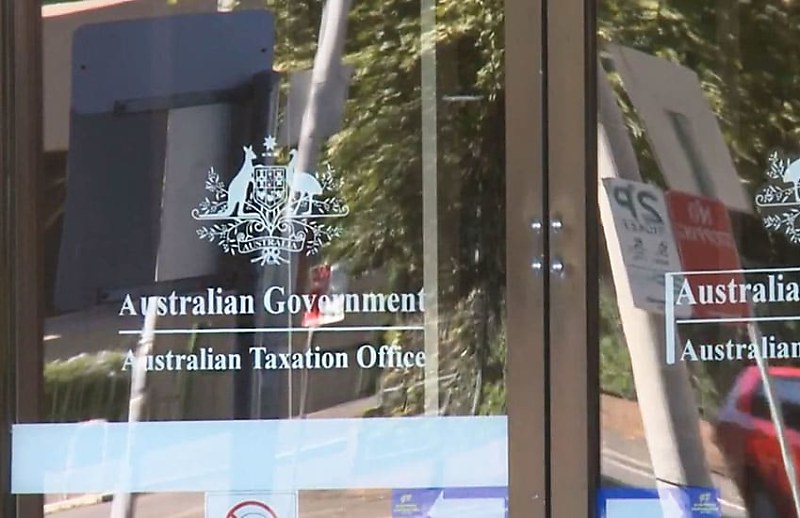The ATO has highlighted some of the key points tax professionals should be aware of regarding their trustee clients with family trust elections and interposed entity elections.
In a recent update, the ATO said family trust elections and interposed entity elections should be front of mind when administering a client’s tax affairs, especially distribution decisions, as these may result in family trust distribution tax.
You’re out of free articles for this month
Family trust distribution tax (FTDT) is a special, 47 per cent, tax payable by a trustee, director or partner. It applies when a trust has made a family trust election (FTE), or an entity has made an interposed entity election (IEE), and makes a distribution outside the family group of the specified individual in the election.
“Family trust elections and interposed entity elections shouldn’t be 'set and forget' by trustees or their tax professionals,” the ATO said.
Where elections are involved, the ATO said tax professionals and their clients need to consider a range of things including whether the election is needed and whether it can and should be revoked.
They also need to consider whether the specified individual remains the most suitable person and if not, whether the specified individual can and should be varied.
The time frames for varying or revoking elections should also considered.
“These are limited and outside these periods, the elections and the specified individuals can’t be changed,” the Tax Office said.
The ATO stressed that it is important to recognise who the members of the specified individual's family group are when making annual trustee resolutions, as distributions outside the family group will result in FTDT (47 per cent tax).
“Where FTDT arises, each FTDT payment must be accompanied by the family trust distribution tax payment advice,” it said.
Miranda Brownlee
AUTHOR
Miranda Brownlee is the deputy editor of SMSF Adviser, which is the leading source of news, strategy and educational content for professionals working in the SMSF sector.
Since joining the team in 2014, Miranda has been responsible for breaking some of the biggest superannuation stories in Australia, and has reported extensively on technical strategy and legislative updates.
Miranda also has broad business and financial services reporting experience, having written for titles including Investor Daily, ifa and Accountants Daily.



